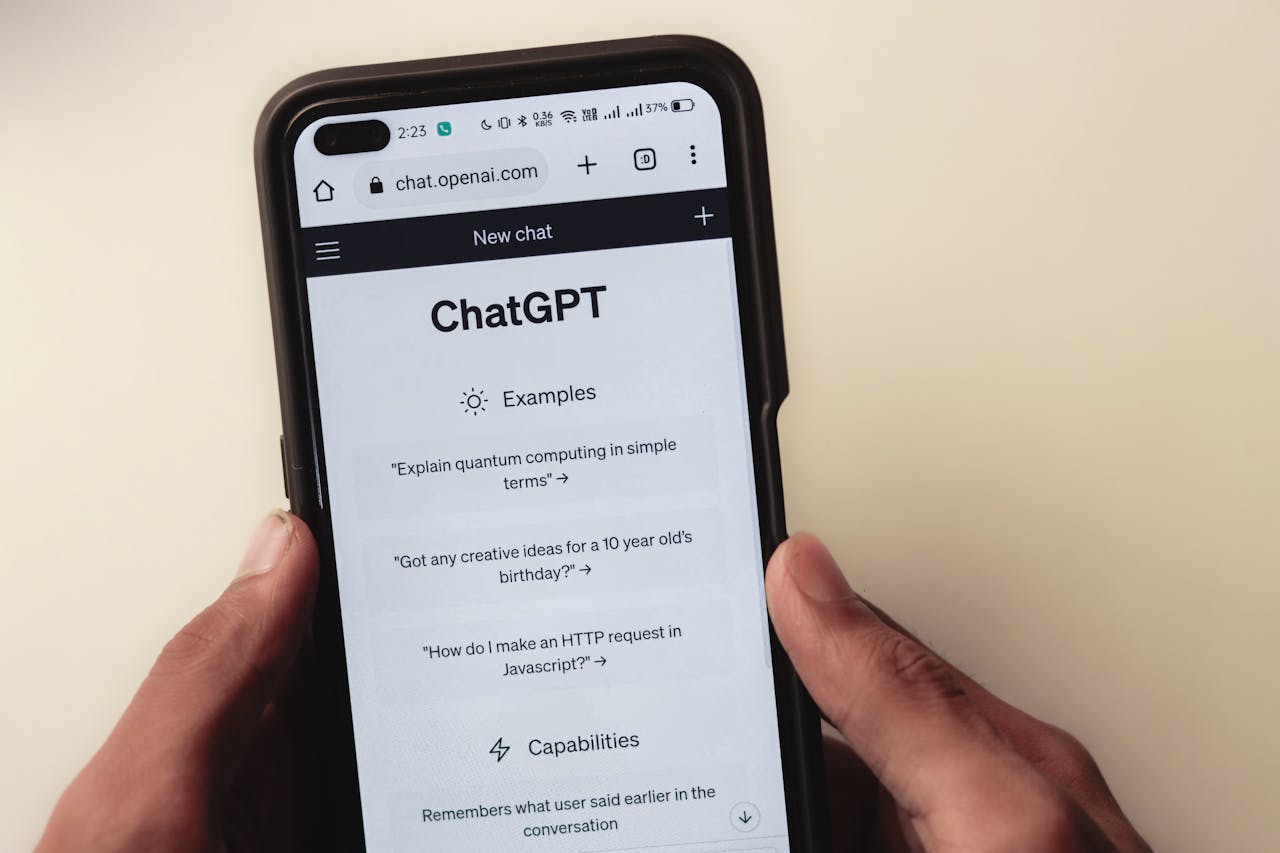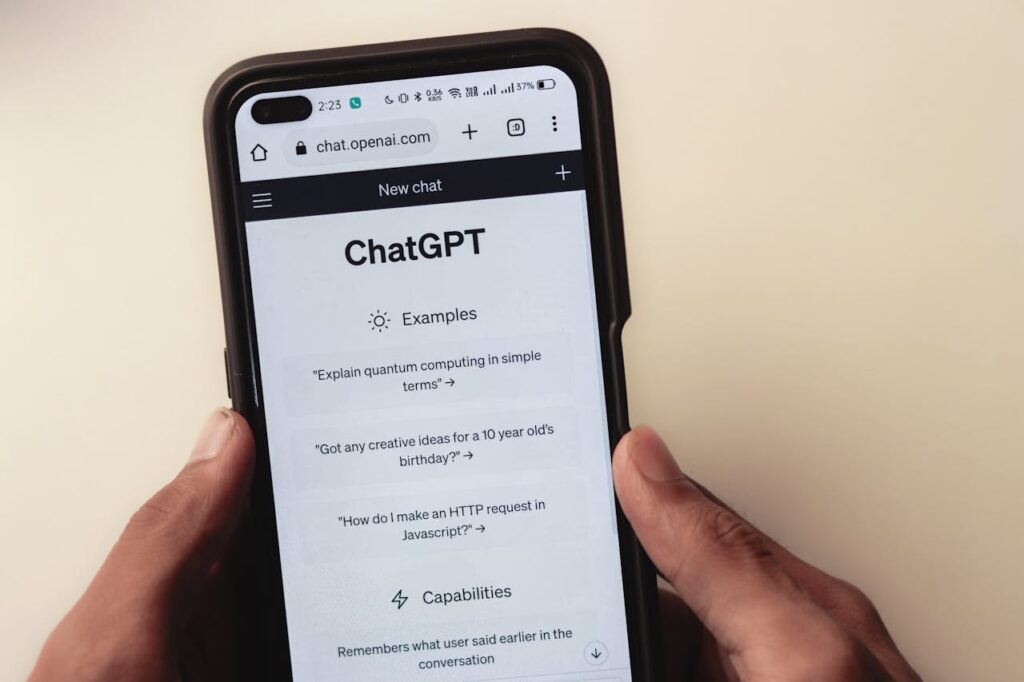
The recent demo of OpenAI’s new GPT-4o model has stirred significant conversation about the future of coding careers. NVIDIA’s CEO, Jensen Huang, has previously suggested that the prevalence of AI might make pursuing a career in coding less worthwhile. The impressive capabilities of GPT-4o lend considerable weight to his argument.

Unveiled at OpenAI’s Spring Update event, the GPT-4o model represents a significant advancement in AI technology. Capable of reasoning across audio, vision, and text in real-time, GPT-4o has made interactions with ChatGPT more seamless and intuitive. Even in its early release stages, the model excels at writing and detecting errors in code, demonstrating speed and accuracy that far surpass its predecessors.
This development raises critical questions about job security in the coding field. With AI’s rapid progression, the potential for job displacement is a significant concern. Last year, Microsoft’s Work Trend Index report revealed that nearly half of the participants feared losing their jobs to AI. This year, the focus shifted to the State of AI at work, with top executives expressing concerns about a talent shortage. Interestingly, recruiters are now prioritizing applicants with AI skills for positions in cybersecurity, engineering, and creative design. Microsoft has noted a 142-fold increase in LinkedIn members adding AI-related skills like Copilot and ChatGPT to their profiles.
The trajectory of AI suggests that upskilling in AI is a prudent move for job security. As AI technology becomes more integrated into various industries, those with AI expertise will likely find themselves in high demand.
Beyond coding, AI’s influence is expanding into other fields. AI-powered tools such as Image Creator from Designer and Midjourney are increasingly capable of generating sophisticated designs, posing a potential threat to jobs in architecture and interior design. Despite their current limitations, the rapid improvement of these tools cannot be overlooked.
Huang’s comments on AI’s impact on the job market highlight a critical issue. He has recommended that young people consider careers in biology, education, manufacturing, or farming, where the risk of AI displacement is lower. His advice is becoming increasingly pertinent as AI continues to advance.
The capabilities demonstrated by GPT-4o underscore the need to rethink traditional career paths. The model’s proficiency in coding tasks suggests that many roles in this field could be automated in the near future. As AI technology evolves, it is essential to adapt by pursuing careers that leverage human creativity, critical thinking, and judgment—qualities that AI cannot easily replicate.
Also Read: Selfridges’ Job Cuts Reflect Industry Challenges
The rise of AI tools like GPT-4o presents both opportunities and challenges. While these advancements open new possibilities, they also necessitate a reevaluation of career choices and skill sets. Embracing AI and focusing on areas where human abilities remain indispensable will be crucial for thriving in the future job market.
Q&A
Q: What is GPT-4o?
A: GPT-4o is OpenAI’s new model capable of reasoning across audio, vision, and text in real-time. It excels at writing and detecting errors in code.
Q: Why is GPT-4o significant for coders?
A: GPT-4o’s proficiency in coding tasks suggests that many coding jobs could be automated, challenging the future of traditional coding careers.
Q: How is AI impacting job security?
A: AI advancements are causing concerns about job displacement. Many fear losing jobs to AI, as it can perform tasks more efficiently and accurately.
Q: What did Microsoft’s reports reveal about AI and jobs?
A: Microsoft’s Work Trend Index reports highlight fears of job loss due to AI but also show a growing demand for AI skills, with a significant increase in LinkedIn profiles listing AI expertise.
Q: Which fields are being affected by AI besides coding?
A: AI is impacting fields like architecture and interior design with tools like Image Creator and Midjourney, which can generate sophisticated designs.
Q: What career advice did NVIDIA’s CEO give?
A: NVIDIA’s CEO, Jensen Huang, suggested pursuing careers in biology, education, manufacturing, or farming, as these fields are less likely to be affected by AI.
Q: How should workers prepare for an AI-driven future?
A: Workers should focus on upskilling in AI and seek careers that emphasize human creativity, critical thinking, and judgment, which AI cannot easily replicate.
Q: What are the benefits of embracing AI in the workplace?
A: Embracing AI can make work easier and save time, as AI tools can handle repetitive and complex tasks efficiently. This allows workers to focus on more strategic and creative aspects of their jobs.
Also Read: Smudg – Revolutionizing Beauty Shopping with AI
Q: What is the future outlook for AI in the job market?
A: AI will continue to transform various industries. Those with AI skills will be in high demand, and careers will increasingly focus on areas where human abilities are essential.

